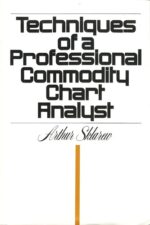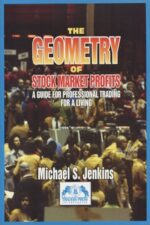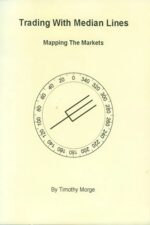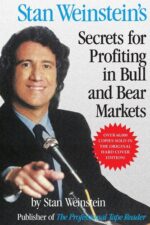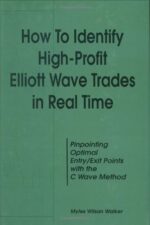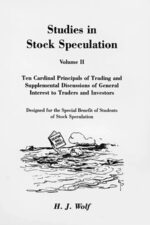Reminiscences of a Stock Operator is the most widely read, highly recommended investment book ever. Generations of readers have found that it has more to teach them about markets and people than years of experience. This is a timeless tale that will enrich your life―and your portfolio.
Unknown to most modern-day investors and traders who cherish Reminiscences of a Stock Operator as one of the most important investment books ever written, the material first appeared in the 1920s as a series of articles and illustrations in the Saturday Evening Post. Now, for the first time ever, this beloved classic is being made available in its original, illustrated format. You’ll track the exploits of Jesse Livermore as he won and lost tens of millions of dollars playing the stock and commodities markets during the early 1900s. At one point, he made the then astronomical sum of 10 million dollars in just one month of trading!
Author’s Introduction:
The public always wants to be told. That is what makes tip-giving and tip-taking universal practices. It is proper that brokers should give their customers trading advice through the medium of their market letters as well as by word of mouth. But brokers should not dwell too strongly on actual conditions because the course of the market is always from six to nine months ahead of actual conditions. Today’s earnings do not justify brokers in advising their customers to buy stocks unless there is some assurance that six or nine months from today the business outlook will warrant the belief that the same rate of earnings will be maintained.
If on looking that far ahead you can see, reasonably clearly, that conditions are developing which will change the present actual power, the argument about stocks being cheap today will disappear. The trader must look far ahead, but the broker is concerned with getting commissions now; hence the inescapable fallacy of the average market letter. Brokers make their living out of commissions from the public and yet they will try to induce the public through their market letters or by word of mouth to buy the same stocks in which they have received selling orders from insiders or manipulators.
It often happens that an insider goes to the head of a brokerage concern and says: “I wish you’d make a market in which to dispose of 50,000 shares of my stock.” The broker asks for further details. Let us say that the quoted price of that stock is 50. The insider tells him: “I will give you calls on 5000 shares at 45 and 5000 shares every point up for the entire fifty thousand shares. I also will give you a put on 50,000 shares at the market.”
Now, this is pretty easy money for the broker, if he has a large following and of course this is precisely the kind of broker the insider seeks. A house with direct wires to branches and connections in various parts of the country can usually get a large following in a deal of that kind. Remember that in any event the broker is playing absolutely safe by reason of the put. If he can get his public to follow he will be able to dispose of his entire line at a big profit in addition to his regular commissions. I have in mind the exploits of an “insider” who is well-known in Wall Street.
Reminiscences of a Stock Operator By Edwin Lefevre pdf
| Author(s) | |
|---|---|
| Format | |
| Pages | 262 |
| Publication Year | 1994 |


